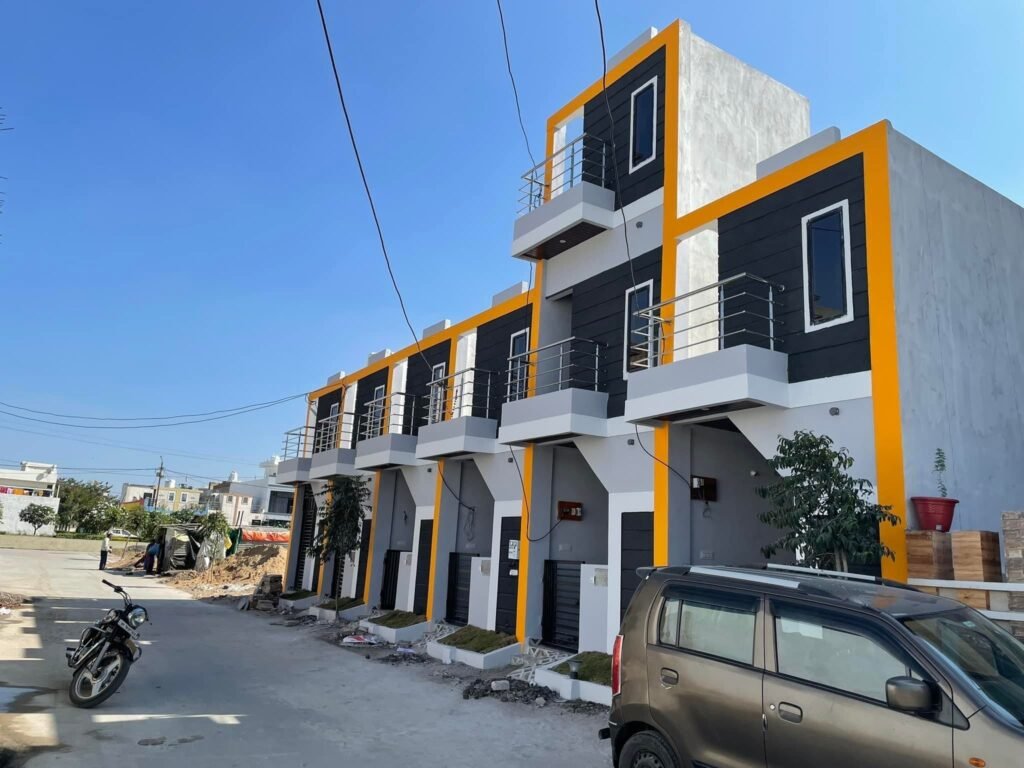One important decision to make when considering buying a home is whether to brand-new property a resale home or to sell a home. Both options have their advantages and disadvantages.
Advantages of buying real estate for resale:
- Established Neighborhood: Resale homes are often located in well-established neighbourhoods with mature trees, amenities and a sense of community. This could allow for a more livable and welcoming environment compared to new developments.
- Lower price: Home sales freely came at a lower price than new constructions, offering effective cost savings. This can be good for buyers who want to fix up a home in a premium layout without going over their budget.
- Character and Charm: Older homes often boast unbeatable study features, craftsmanship and also patterned features that add type and charm. This could give a sense of chronicle and indistinguishability that newer properties may lack.
- Immediate availability: Resale homes are ready for business as soon as the sale is completed, allowing for a quicker move-in compared to waiting for a new build to be completed. This can be beneficial for buyers with urgent housing needs.
- Established Landscaping: Resale homes may come with established landscaping, including mature trees, shrubs and gardens. This could save buyers time and effort in creating a fresh alfresco space from scratch.
- Opportunities to negotiate: Resale home buyers have more room to negotiate prices, terms, and inclusions compared to buying a new construction home. This traceability could help settle a better deal.
Disadvantages of buying a property for resale:
- Maintenance and Repairs: Older homes may require more maintenance and repairs compared to new construction. When considering the resale attribute, buyers should consider the cost of maintenance and renovation efficiency.
- Outdated Systems: Resale homes may have outdated or ageing systems such as plumbing, electrical, HVAC and appliances. Upgrading these systems to modern standards can be a worthwhile investment.
- Limited Customization: Home sales come as-is, which limits the level of customization and personalization compared to new construction. Buyers with matching preferences may find it difficult to modify an existing home to suit their needs.
- Resale Value: The resale value of a home may not be appreciated as much as new construction. When investing in a resale property, buyers should consider the attribute’s semi-permanent value prospects.
- Hidden problems: Older houses can have hidden problems such as morphological problems, but also “asbestos” or pest infestations that may not be immediately apparent. A thorough inspection is based on uncovering any efficiency issues.
- Energy Efficiency: Resale homes may lack the energy-efficient features found in newer construction, resulting in high secondary costs. Upgrading insulation, windows and appliances to improve energy efficiency can be a costly endeavour.
In conclusion, buying a resale home offers the benefits of established neighbourhoods, lower prices and unmatched character, but also comes with maintenance issues, outdated systems and limited customization. By carefully weighing the pros and cons and conducting thorough inspections, buyers can make an informed decision that aligns with their budget, lifestyle, and semi-permanent goals.
Be sure to review your preferences, priorities, and growing plans when deciding between selling your home and building a new one.
